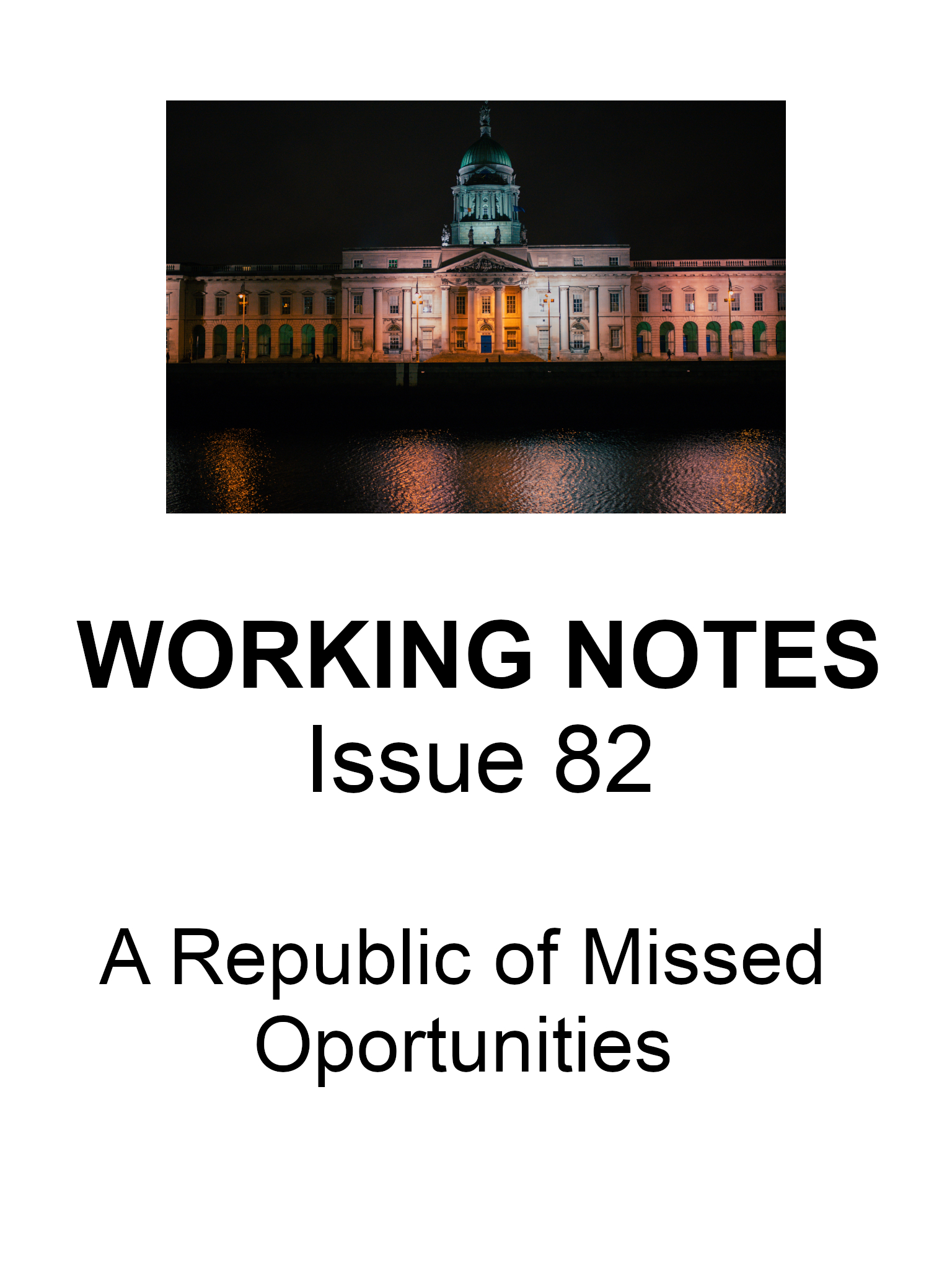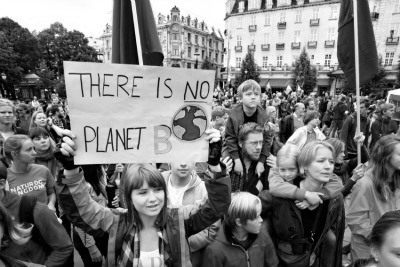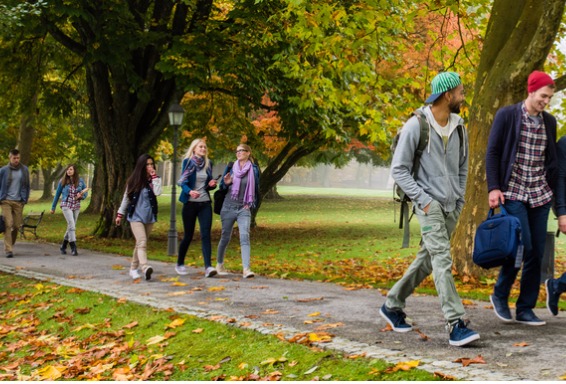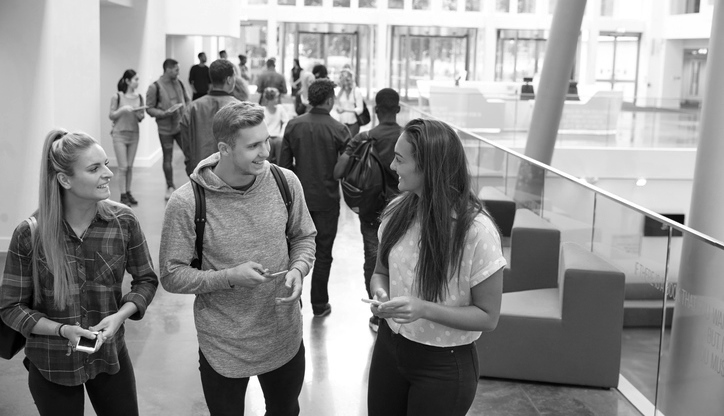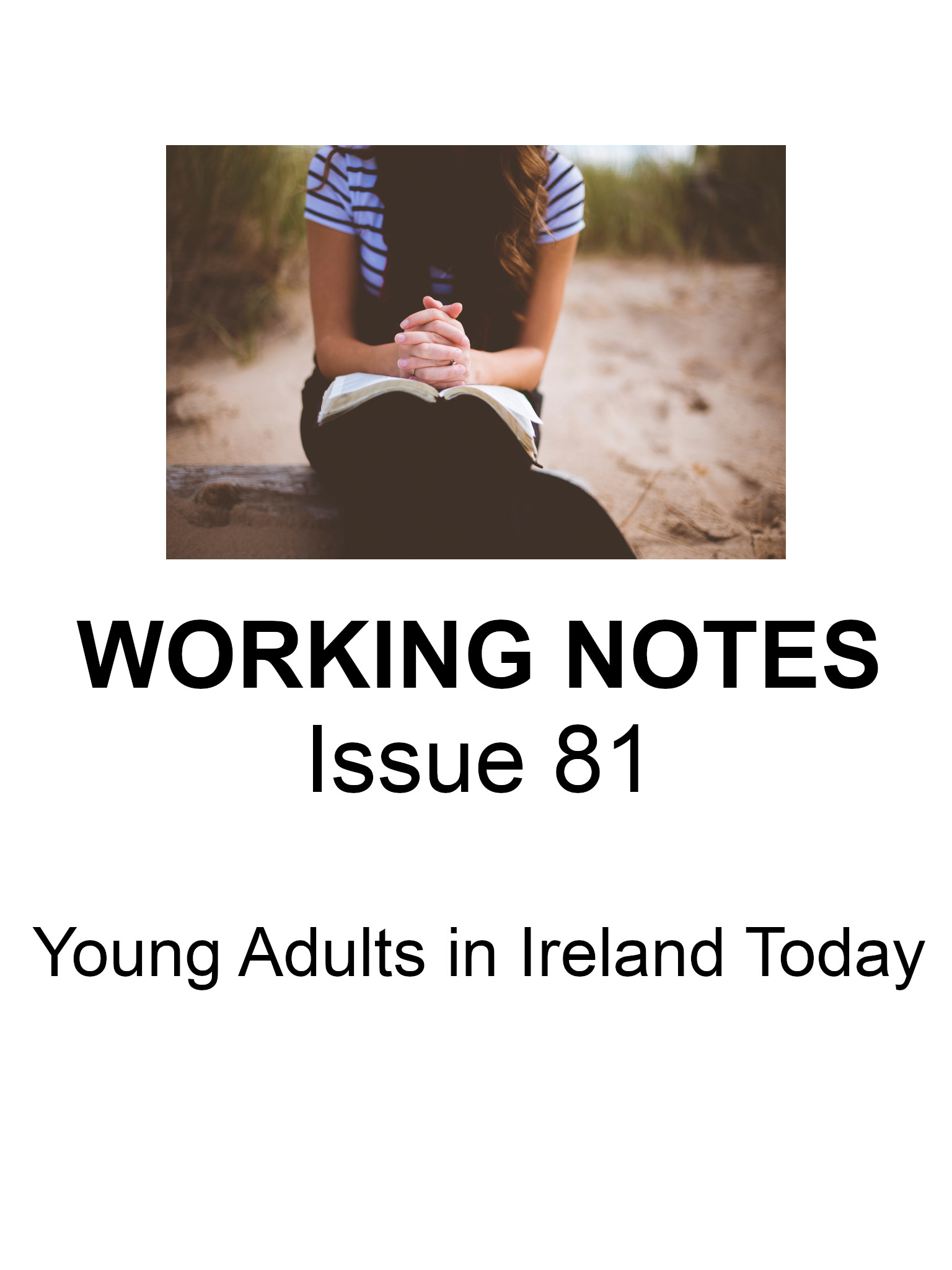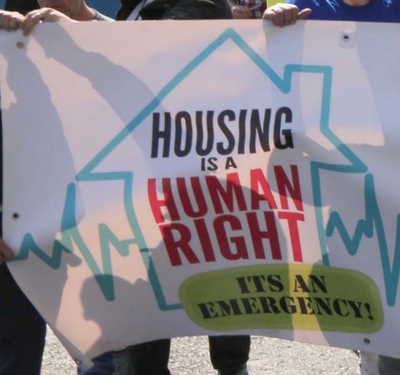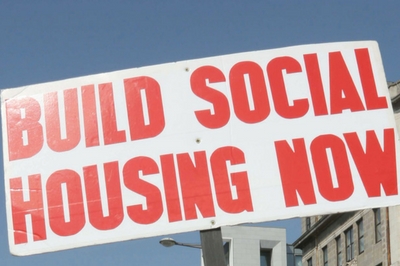
Crisis Ruins and their Resolution? Ireland’s Property Bubble Ten Years On
Cian O’Callaghan Cian O’Callaghan is Assistant Professor of Geography at Trinity College Dublin. His recent research, which was funded by the IRC, has concerned the impacts of Ireland’s property bubble and associated crisis, with a particular focus on housing. What your sandwich says about you In a well-known advert for Bank of Ireland, a young… Read more »


